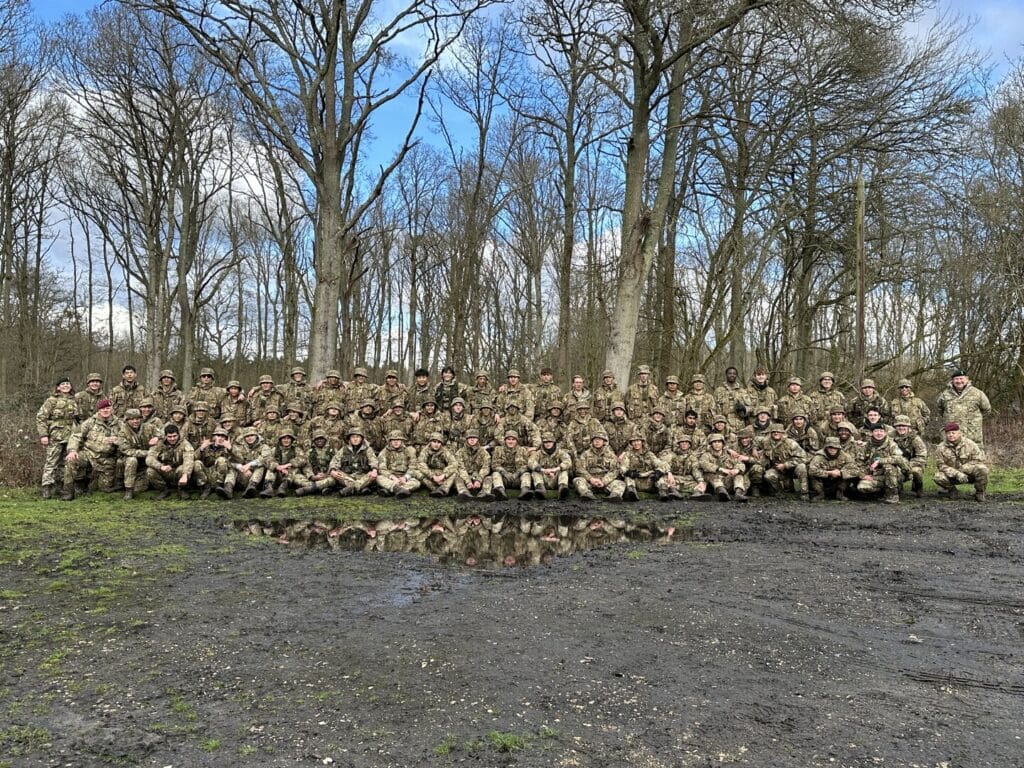On Friday 30th November, the Shackleton Society hosted Ben Fogle in the Jafar Hall.
Mr Fogle talked with confidence and passion to an audience of over 200, 92 of whom were from state-sector partner schools, about his unique and fascinating story as an explorer and broadcaster.
Starting with where his life began, he described the challenges school posed him in both the academic and sporting fields. His shortcomings in school, resulting in him constantly abutting with failure, meant that Ben saw life as a lost cause. In his mind, he’d failed at the first hurdle and thus his desired success in life was an unattainable aspiration.
In many ways, the best thing that happened to Ben was Castaway. One of the first reality TV shows to feature in Britain, filmed in 1999. The show, which involved 36 men, women and children being stranded on an island in the Outer Hebrides, was premised on the idea on those people building and more importantly maintaining a self-sustaining community for over a year. The experience, as Ben described it, not only develop his self confidence, but also his awareness of his love for nature, and the challenge of survival, something he would continue to pursue for the rest of his life.
Following that experience, life looked more kindly upon him. And, after a volley of jobs as a broadcaster for the BBC, Ben decided he was ready for another challenge. So, with two-time Olympic gold medalist rower James Cracknell as his partner, he endeavoured to row across the Atlantic. The experience, which was his first time rowing, tested his mental determination to the core, but also proved what a remarkably resilient man Ben is. Evidence for this can be found two weeks before the end of the race, where the boat capsized and all navigation systems as well as their desalinisation device (for creating freshwater) was lost. Forced to drink the water used as ballast for the boat, and cutting down from 10 litres to 1 litre of water a day to accommodate for their loss, they completed the race a full 2 days before any other crew.
The stage for Ben as an explorer was set. He preceded to race across the Antarctic to the South Pole, cross the Empty Quarter in the path of Thesiger, and complete the Marathon de Sables, before taking on the crown jewel of the exploring and mountaineering world: Everest.
Ben went onto describe the intense determination and luck required to summit such a peak, drawing in the audience with fascinating, personal anecdotes that ranged from near misses with death, to the self-sacrifice show by the sherpas, to whom the mountain was best understood.
All in all, he left the audience with nuggets of resounding, deeply personal advice: say yes to whatever you can, go into everything with an open mind and most importantly, don’t let failure define you.
Hector Smyth-Osborne



